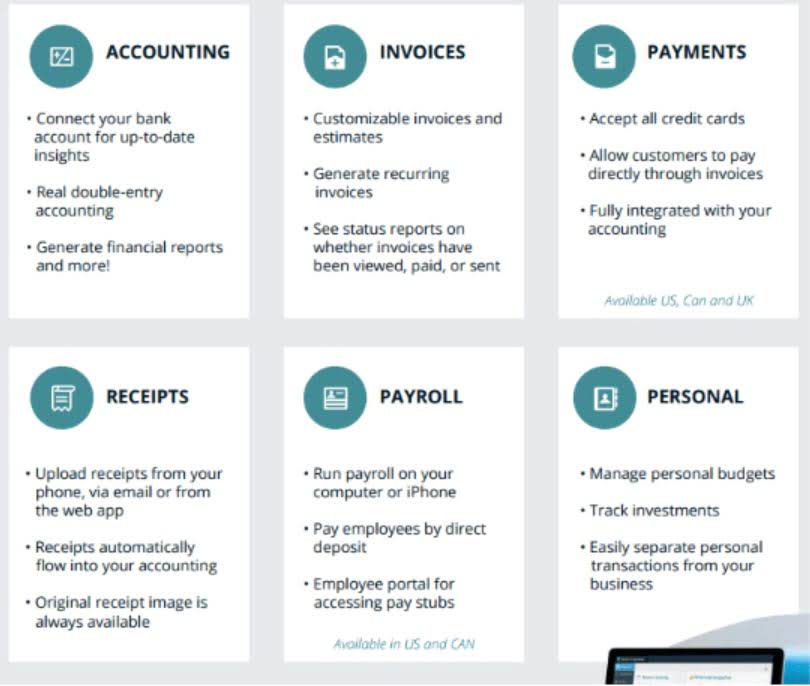
After conducting a preliminary analysis of the company, whoever is conducting the valuation chooses the method, which is most suitable to the business and its industry. Thus, for our money, this is more of a barometer of the market than a valuation method per se. If you’re planning for a business sale, and you don’t have time to do a lot of research and calculations, you may want to hire a business appraiser. SDE consists of how much money a business can be expected to earn over the course of the year, minus taxes, owner’s draws, and non-essential expenses.

Method 2: comparable company analysis (“comps”)
While doing the valuation, the analyst or the professional considers the purpose and the underlying objectives of the valuation. The fundamental factors, such as the business background, products, services, sector-wise growth, and economic and political situations, are considered. A qualified professional may primarily analyze the https://www.bookstime.com/ company’s financial statements, capital structure, transactions over the past years, industry ratios, and other quantitative and qualitative data. Theoretically, anyone purchasing a small business is interested only in the business’s future. This method is listed by theIRS as a possible valuation method for small businesses.
Market-based valuation method

This valuation method offers a fair market value of a company or business using assets as the key metric. Investors might use a company’s market capitalization when choosing stocks to invest in. For instance, if those interested in adding large-cap companies to your portfolio then they’d look for ones business valuation formula that have a market valuation of $10 billion or more. On the other hand, investors interested in small-cap companies would look for those with a valuation under $2 billion. Choosing the best business broker for your situation also takes away many of the headaches that would otherwise fall on you.
Seller’s Discretionary Earnings (SDE) Multiple Formula
Relying on basic accounting metrics doesn’t accurately represent a business’s true value. The earnings multiplier method can be helpful for comparing the valuation of a company to its competitors. Essentially, what it tells you is how expensive a company’s stock is relative to the earnings per share it’s reporting.
As you might imagine, determining the value of a business isn’t simple—it requires accounting for a number of factors within your business finances. Because this process is so complex, many business owners choose to work with a professional to receive an objective, thorough evaluation of what their business is worth. This approach looks at the estimated future cash flows of the business and discounts them back to the present to find the current worth. Whether you are planning to sell your business or you already have an offer, knowing how to value a business can help inform your company’s road map and future exit strategies. Entrepreneurs looking to buy an existing business should also be familiar with valuations and feel comfortable estimating value independently of the business owner or broker’s asking price.
- If you’re buying a business, this business valuation calculator is designed to tell you whether you can afford to purchase the business and whether the business is worth its asking price.
- Low turnover can save the business money, and responsible employees can make the transition to new management easier.
- The differing factors involved when valuing public vs. privately valued companies is like comparing apples to oranges.
- The business’s cash flow statement is a good place to start, and projected cash flows if they’ve already been created.
- The break-up value calculation is a more comprehensive valuation that accounts for the value of a business if it were to be sold in pieces.
- Through the multiplier process, an increase in investment creates a cumulative rise in income and employment, and vice versa.
Merger specialists favor market-based valuation methods
In contrast to the asset-based methods, historical earnings methodsallow an appropriate value for the goodwill of your business over andabove the market value of the assets, if that’s justified by your earnings. Although savvy buyers will be more concerned about the futureof your business than its past, predicting the future is difficult. Theassumption here is that your past history provides a conservativeindication of the amount, predictability, and growth trend of yourearnings in the future. The orange dotted line in the middle represents the average valuation from all the methods. Investment bankers will often put together a football field chart to summarize the range of values for a business based on the different valuation methods used. Below is an example of a football field graph, which is typically included in an investment banking pitch book.
How Are Companies Valued?
In order to get that you’ll have to find a professional, which often can cost tens of thousands of dollars. The basic valuation process can involve the valuations of tangible assets and intangible assets. It helps companies in strategic planning and other managerial decision-making processes. In addition, the quantitative value obtained through the valuation process is a boon in many circumstances. For example, the quantitative number can strengthen the negotiation process while selling a company.
- It all depends on the needs of the buyer and the attractiveness of the assets.
- When you collaborate with a business brokerage firm in California, it will provide all the solutions and insights toward getting the most out of the business sale.
- Also, companies that are poised to have a speedy growth stage, such as software-as-a-service firms, will base their valuations on the times-revenue method.
- This can be helpful for businesses that are considering making investments in growth and want to gauge the estimated return on that investment.
- These professionals have specially trained in calculating the valuation of a business.
- The best advice is to use as many measures as possible to arrive at a valuation.
Asset-based valuation focuses on salable parts

Betty Wainstock
Sócia-diretora da Ideia Consumer Insights. Pós-doutorado em Comunicação e Cultura pela UFRJ, PHD em Psicologia pela PUC. Temas: Tecnologias, Comunicação e Subjetividade. Graduada em Psicologia pela UFRJ. Especializada em Planejamento de Estudos de Mercado e Geração de Insights de Comunicação.

